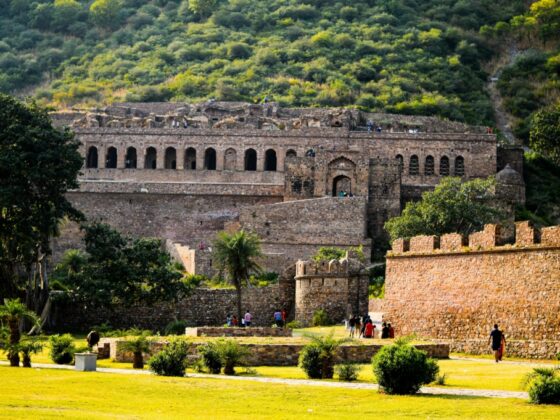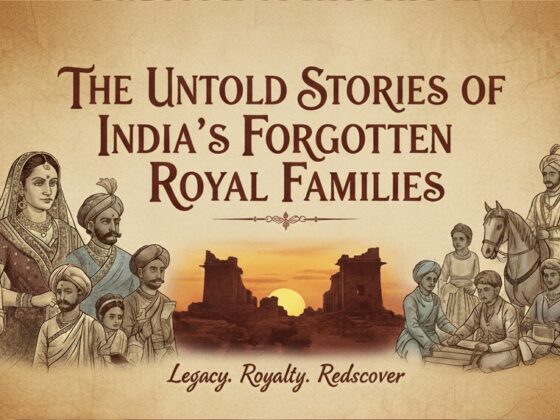Maharani Gayatri Devi: The Queen Who Redefined Royalty

Introduction
Maharani Gayatri Devi, the Rajmata of Jaipur, was more than just a queen—she was an icon of elegance, intelligence, and progressive thought. She transformed the traditional role of a royal woman in India. Through her contributions to women’s education, her political career, and her impeccable fashion sense, she left an indelible mark on history. This article explores her extraordinary life, achievements, and legacy.
Early Life and Royal Heritage
Born on May 23, 1919, in London, Maharani Gayatri Devi was the daughter of Maharaja Jitendra Narayan of Cooch Behar and Maharani Indira Devi. Raised in a progressive environment, she received modern education at Shantiniketan and Lausanne. Her exposure to diverse cultures shaped her independent thinking.
Her marriage to Maharaja Sawai Man Singh II of Jaipur in 1940 introduced her to Rajasthan’s regal traditions. Unlike many royal consorts of her time, she embraced modernity while respecting her heritage.
A Pioneer in Women’s Education
One of Maharani Gayatri Devi’s greatest contributions was in the field of women’s education. She founded the Maharani Gayatri Devi Girls’ School (MGD) in 1943, one of India’s first institutions to provide quality education for young girls. At a time when female education was neglected, this initiative empowered women across Rajasthan and beyond.
A Fashion and Cultural Icon
Gayatri Devi’s beauty and fashion sense were legendary. International magazines like Vogue featured her, naming her one of the world’s most beautiful women. Her signature style—a chiffon saree paired with pearls—symbolized elegance. Even today, her name remains synonymous with grace and sophistication.
Beyond fashion, she played a key role in promoting Indian art, culture, and heritage. As a patron of artists and designers, she brought Indian craftsmanship to global attention.
Political Journey: Breaking Barriers
After India’s independence, Gayatri Devi transitioned into politics, becoming one of the first royal women to enter public service. She contested the 1962 Lok Sabha elections from Jaipur as a candidate of the Swatantra Party, an anti-Congress liberal party. Winning with a record-breaking margin, she became a symbol of change, advocating for democratic values, economic freedom, and individual rights.
During her time in Parliament, she focused on education, women’s rights, and rural development. However, her political career faced a setback during the Emergency (1975–77) when the government imprisoned her under the Maintenance of Internal Security Act (MISA). Despite this, she remained a respected political figure and continued her philanthropic work.
Contributions to Jaipur’s Development
As the Maharani of Jaipur, Gayatri Devi worked tirelessly to develop the city. She played a key role in preserving Jaipur’s heritage while modernizing its infrastructure. Her efforts helped Jaipur become one of India’s most well-planned and culturally vibrant cities.
She also worked to preserve the royal palaces, converting some into heritage hotels. This initiative ensured their upkeep while promoting tourism.
A Legacy That Lives On
Maharani Gayatri Devi’s life was a testament to resilience, elegance, and forward-thinking. By breaking stereotypes and influencing politics and education, she remains an inspiration. Her contributions continue to impact Jaipur and India’s cultural landscape.
Even after her passing in 2009, her legacy endures. The institutions she built, the values she upheld, and the inspiration she provided to generations of women keep her memory alive.
Conclusion
Maharani Gayatri Devi was not just a queen—she was a trailblazer. With intelligence, charm, and progressive vision, she redefined what it meant to be royal in modern India. Whether in politics, education, or fashion, she remains an enduring symbol of grace and empowerment.
Her life proves that true royalty comes not just from lineage but from the impact one leaves on society. Maharani Gayatri Devi’s legacy is etched in history, inspiring future generations to honor tradition while forging new paths.








